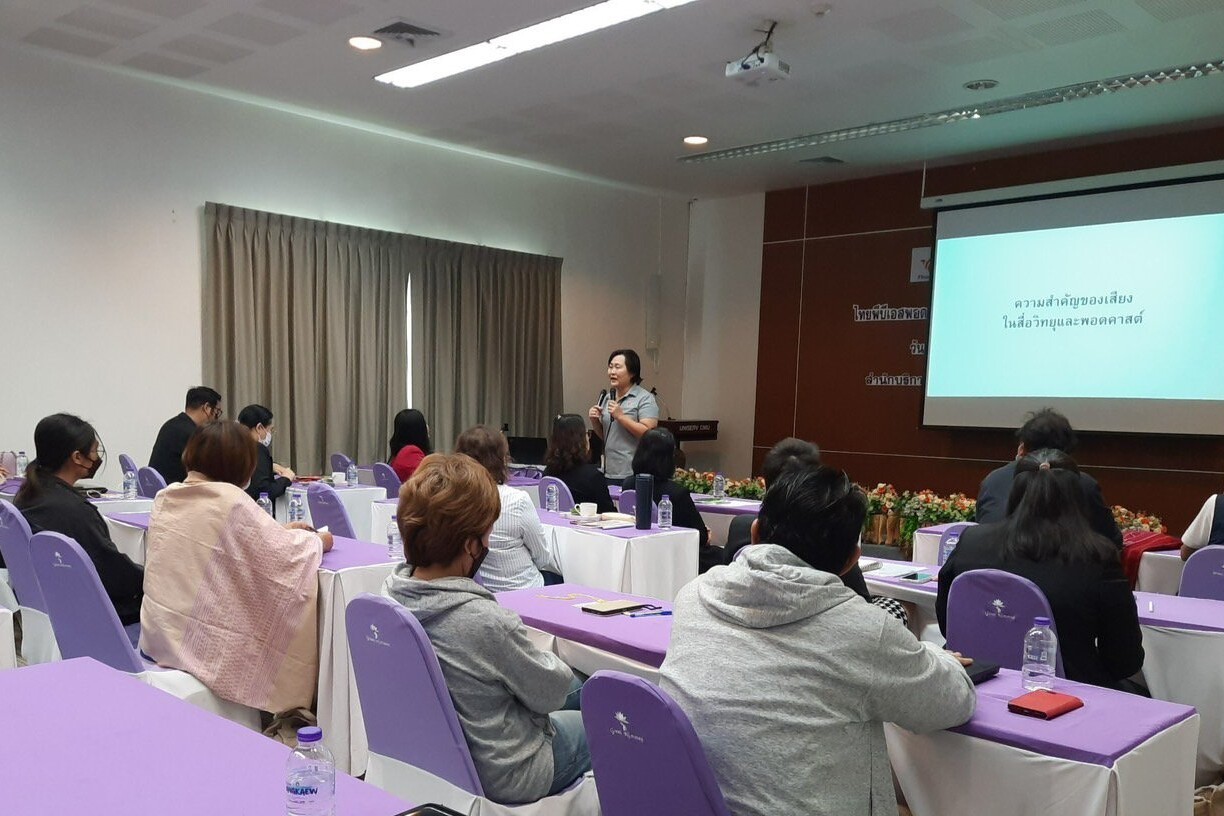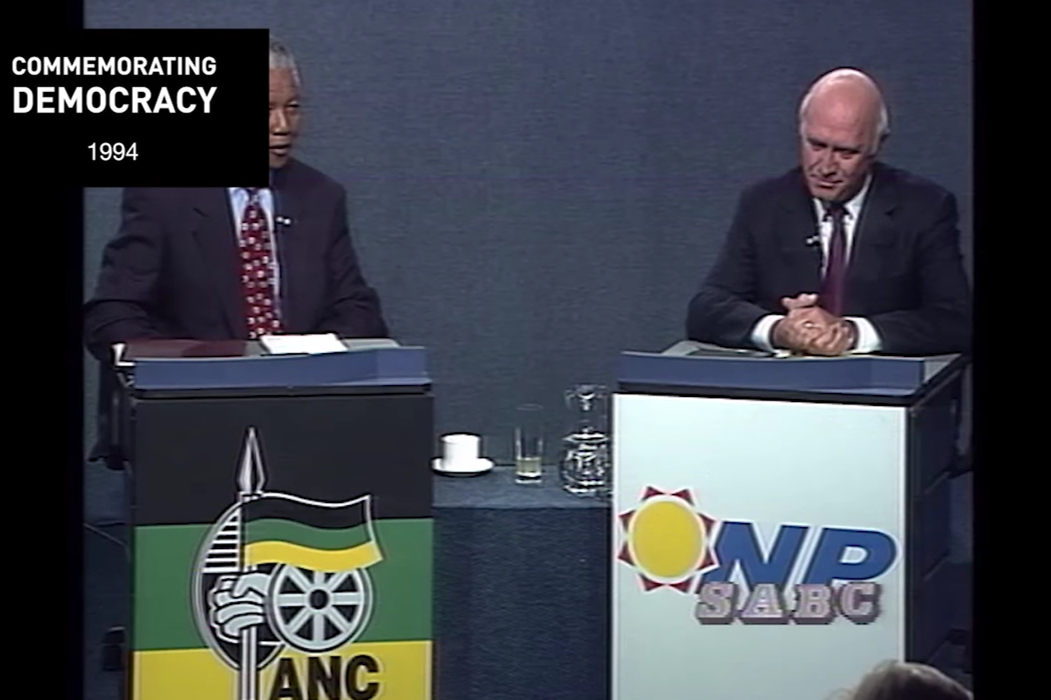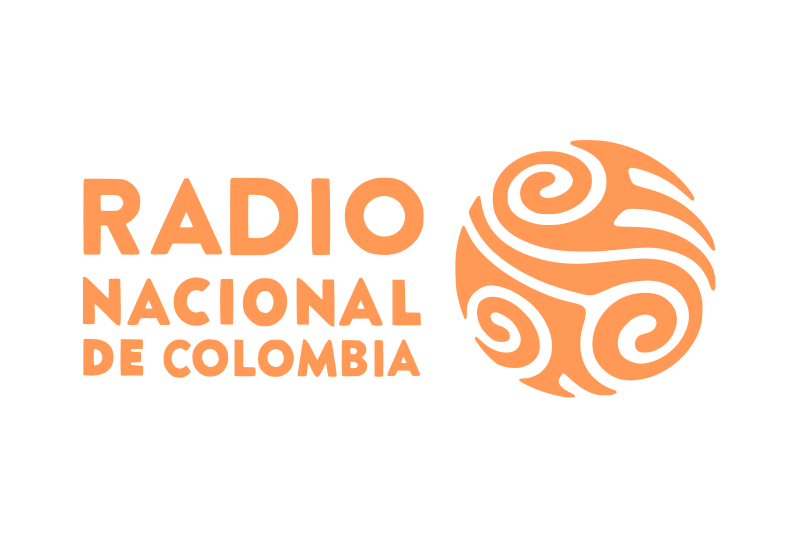World Radio Day
A century of informing, educating and entertaining
13th February 2024
World Radio Day celebrates the enduring power of radio to amplify diverse voices, foster dialogue, and unite communities worldwide.
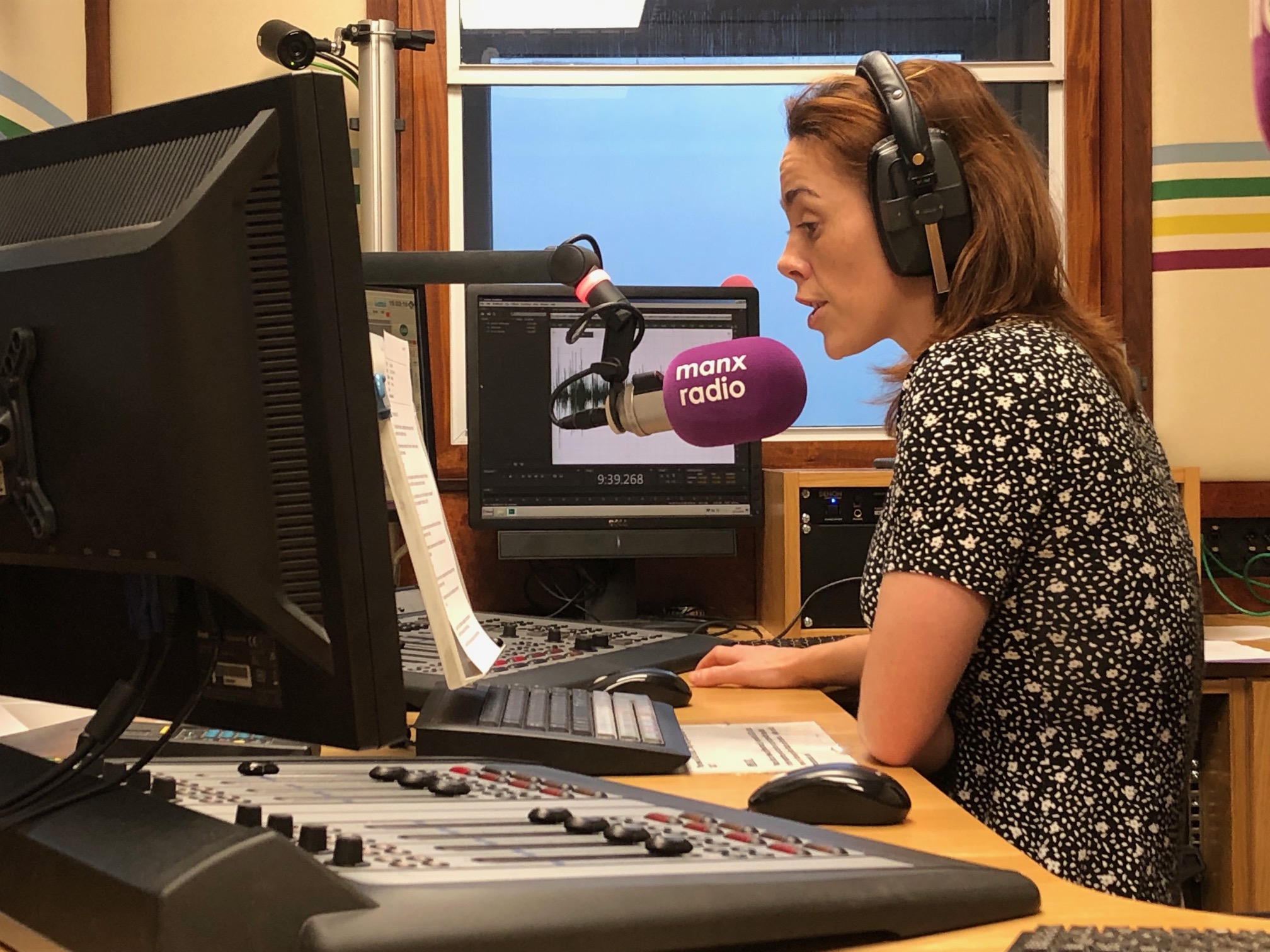
For World Radio Day, the Public Media Alliance spoke to three leaders of public radio associations about the future of radio networks, the challenges they face, and the opportunities available in different regions of the world.
Q: What is the biggest challenge that radio networks are facing today, especially in regard to the mission to inform, educate and entertain?
Sonia Gill – Secretary General of the Caribbean Broadcasting Union (CBU):
The main concern for us in the Caribbean when it comes to radio has been the same for quite some time in every country in the region that began the independence journey in the 60’s, 70’s and 80’s, began with an anthem, a flag and a national broadcaster. The desire was to build national identity through broadcasting. The radio was critical for that, to helping people understand themselves and presenting that mirror image. I think the challenge for radio is not in its popularity but in being able to balance the line of public service, particularly for developing countries, with survival, with thriving and being able to have enough resources to innovate and advance and push the agenda.
Edita Kudláčová, Head of Radio at the European Broadcasting Union (EBU):
I think that the biggest challenge is actually something that we almost consider for normal, which is the online space. Radio has always been the most trusted source of any information and especially the news information. We see that in all the measurements and indexes over years, it comes much higher than TV for example or even social media or written press. But I’m sometimes afraid that when we move more and more to screens and online environment, radio could even disappear without us noticing it. We need to be extremely careful to protect that radio button or you know the radio icon remains, even on the screens. And I think especially in the car which is a space where radio was always most listened to.
Kristian Porter, CEO of the Public Media Alliance (PMA):
Radio faces many challenges, from the squeeze on funding as advertisers move online to the pressures posed by fragmenting audiences, maintaining prominence, and the sheer pace of digital transformation, which is leaving so many radio stations struggling to keep up.
Meanwhile radio’s unparalleled accessibility and reach as a medium still means that, in some places, the capture of radio is as appealing as ever to those seeking to exert their influence, their particular viewpoint. So in this important year of elections – with over 60 countries heading to the polls – I would say that maintaining independence and ensuring the viability of, and access to, a plurality of outlets is among the biggest challenges facing radio.
Read more: World Radio Day 2024
Listen to the podcast: How does radio inform, educate and entertain?
Q: What do you think is the biggest opportunity for radio in our current state?
SG: I think digitisation in a way that continues access. We know that digital media depend on the availability of internet, and we don’t just mean that everyone has a phone, but we mean true access. The lockdowns and the travel restrictions of Covid told us that people don’t really have the level of access to digital media that we assumed. So traditional media, traditional radio really came into its own. Here in the Caribbean, it has always been popular, but it was able to sort of overcome the social distancing, and really entrench communities. So, with the opportunities that digitisation offers, there’s a lot more that can be done with radio. But it has to be done in a way that maintains that principle of overcoming boundaries, overcoming limitations creating community and integrating people.
EK: I actually think it is the same as the online space and the digital media and the digital possibilities that we have today. I think especially for people who are creative and who are interested in audio, the online provides so much that you can really focus on your communities. You can target minorities very well. You can do whatever you want, basically. You can reach out to people who are at the other side of the world with a very simple program, and I think that’s all great. It also brings a lot of creative people into the audio environment, that might not be the case in the past when we only saw the frequencies and the radio stations. So I think that’s also an opportunity for us, because they’re listening. You have so many formats you can listen to, people love listening to radio. And I think we should really take that as so in our advantage.
KP: Despite the challenges I still consider radio to be among the most powerful mediums for good. It’s still trusted well beyond TV and social media, and its reach and affordability means that the ability for outlets to inform, educate, and entertain remains unparalleled. It’s a storyteller, it’s a lifesaver, it’s a companion in the darkest of nights.
So there are clearly opportunities when we recognise radio for what it is and can be. And effective digital transformation is absolutely one of these to ensure that radio and audio content continues to reach a breadth of audiences and minority groups, to make the most of the flexibility of podcasting for example, and new and exciting ways to market audio content for a new generation.
But such opportunities should only be seized so long as access is not impeded, especially for older people and in providing relevant content for local communities.
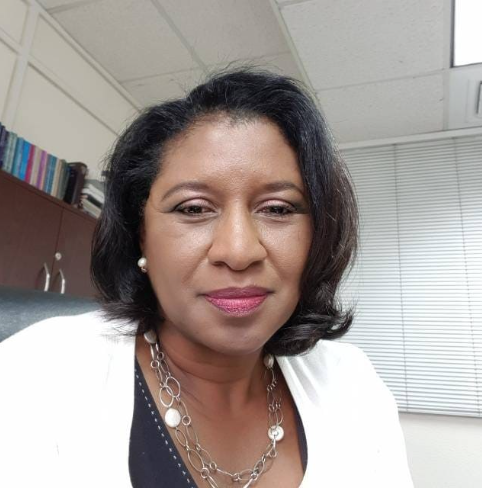


Q: Would you be able to give one sort of specific example of a radio station from your region/country where you see things being done maybe slightly differently, while still maintaining that Reithian pledge of informing educating and entertaining?
SG: I will use the example of StarComm Network, which happens to be based in Barbados. It is the successor to the old colonial radio-fusion system, that was around the world in what is now the commonwealth. That entity has developed into a multi-channel, but single purpose media house radio, but radio that recognizes the various needs of audiences. At the same time as having features that utilize the resources of the University of the West Indies history department, to give people a window into the past on relevant issues that have resonance today, through a series “This day in history”. They also have features that help prepare people for the digital current present and future, with a series voiced by an AI agent, but having discussions with experts from various areas talking about the potential good that AI can do in a wide range of areas. I think that’s one example of many in the region where radio continues to serve and critically is focused on not only existing needs, but projecting what will be the needs of audiences into the future.
EK: I think that a lot of innovation is happening with kids’ content today. If you’re looking in any podcast but also kids’ stations, if you have some in the UK. In my country we have radio station for children. I think what they are trying to do, to capture the attention of children. And provide the audio bedtime stories or provide science programs for children so that they also get the visual detox, and they can listen and they don’t need to watch. I think all of those things are very inspiring for everyone, because they’re usually targeting the most sensitive people in our community and in our society. You know, children between five to eight or five to nine. Whatever you’re doing for them needs to be very careful, very creative but also entertaining and at the same time educating. I would say anything happening for children today, it’s fun to observe. It’s really nice.
KP: Our network is global and there is so much innovation, from the use of Ai to streamline services at Belgian broadcaster VRT to international collaborations to bring shared histories and cultural exchanges to life. We’ve seen this in the growing number of podcast collaborations between, say, ABC Australia, CBC/Radio-Canada and Radio New Zealand.
But sometimes the best innovations involve going back to basics… finding new ways to reach local audiences, such as Swedish Radio’s touring studio; or SBS Australia’s multi-lingual services for refugee and migrant communities. Elsewhere the BBC and other international public broadcasters are still ensuring that older tech is fit for the future, to ensure that audiences in conflict and crisis zones such as Ukraine and Gaza have access to vital sources of accurate and reliable information.
So radio certainly has life in it yet.
Related Posts
13th February 2023
Radio’s contribution towards peace in South Africa
SABC's radio services played a pivotal…
8th March 2022
Colombia’s local radio stations working for peace
In Colombia, local radio stations are…

